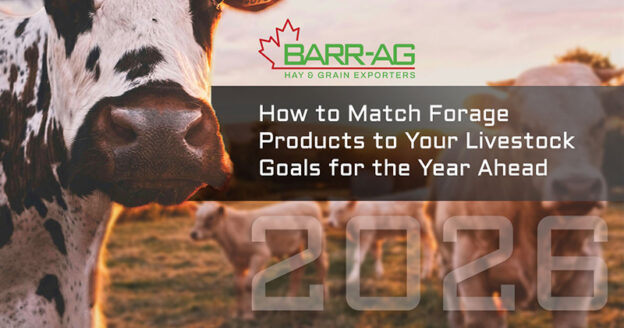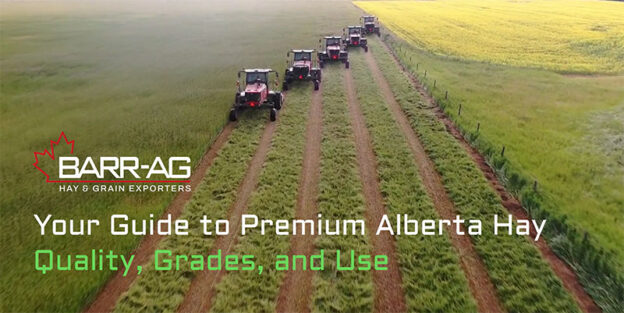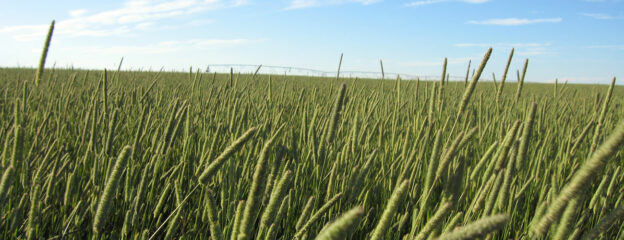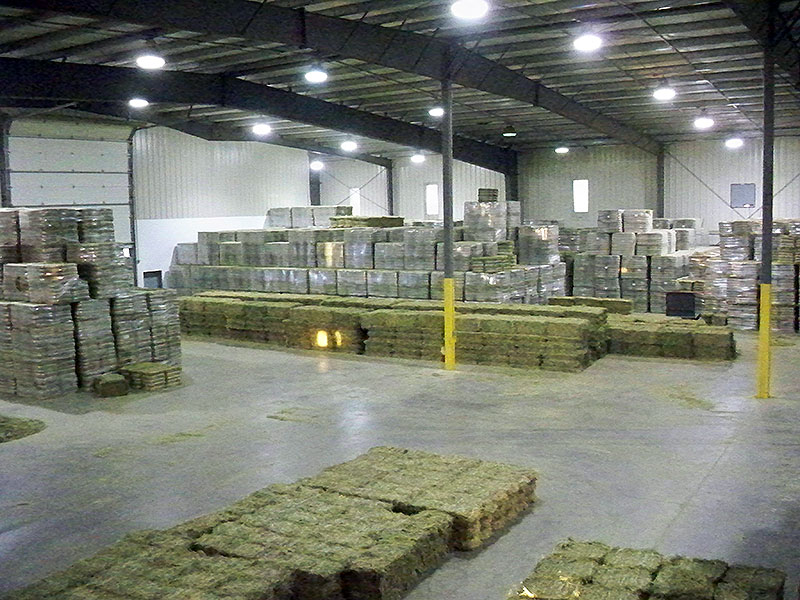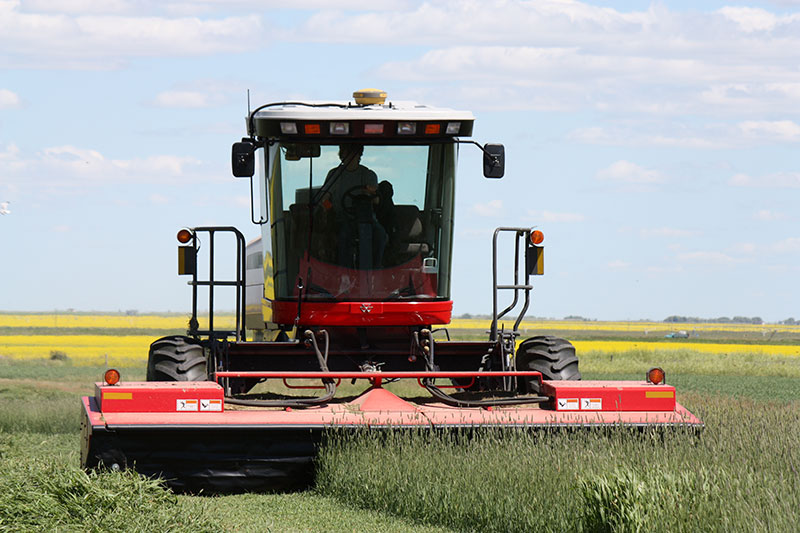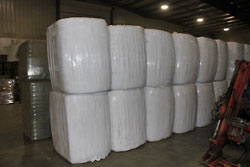A new year is the perfect time to reassess and plan your feed strategy to support the health and performance of your livestock. Selecting the right forage, whether for dairy cows, beef cattle, sheep, goats, or horses, can make a significant difference in weight gain, milk production, reproduction, and overall animal wellbeing. At Barr-Ag Ltd., we offer a range of high-quality Canadian grown forage products, including Alfalfa, Timothy, Mixed Hay, Corn and Barley Silage, and Straw, suitable for farms both locally and around the world.
1. Understand Your Livestock Goals
Before choosing forage, identify the primary goals for each type of animal. Dairy producers may focus on maximizing milk yield and maintaining cow health during lactation, while beef operations prioritize steady weight gain and feed efficiency. Sheep and goats often require forage that supports growth and reproductive performance. Horses may have varying needs, from maintenance feeding to higher energy and protein requirements. Knowing these priorities will guide the selection of forage types, cuts, and blends.
2. Choose the Right Forage Type
- Alfalfa: Rich in protein and energy, ideal for dairy cows, growing beef, and lactating goats. It is also commonly used for horses that require higher energy and protein levels, including performance horses, growing horses, lactating mares, and hard keepers. When fed appropriately, alfalfa supports milk production, muscle development, and overall growth.
- Timothy: A high-fiber, lower-protein option, well suited for horses and adult ruminants needing maintenance feed without excessive energy intake.
- Mixed Hay: Combines the benefits of legumes and grasses, making it a versatile option for operations with diverse livestock and balanced nutritional needs.
- Corn and Barley Silage: High-energy forage used to support weight gain in beef cattle or to supplement dairy rations during peak production periods.
- Straw: Primarily used for bedding or as a roughage filler. While low in nutritional value, it can play a role in ration balance when managed correctly.
3. Consider Cuts, Grades, and Blends
The nutritional value of forage varies with harvest timing, cutting method, and leaf-to-stem ratio. Early cut alfalfa typically offers higher protein and digestibility, while later cuts are more fibrous and better suited for maintenance rations. Mixed hay blends provide flexibility for farms managing multiple livestock types, and silage quality is influenced by moisture levels and proper storage practices. Evaluating your animals’ needs helps ensure the right match of cuts and blends.
4. Optimize for Animal Performance
The right forage program supports consistent performance throughout the year. Monitoring body condition, milk production, growth rates, and reproductive success allows you to fine-tune forage choices as conditions and livestock needs change. Thoughtful selection combined with good feed management helps ensure long-term herd health and productivity.
Start the Year Strong with a Custom Forage Plan
With Barr-Ag Ltd.’s premium Canadian-grown forage products, you can provide your livestock with the nutrition needed for optimal growth, production, and long-term health.
If you need an assessment of your forage requirements, connect with our team. We will work with you to select the right products for your specific livestock goals, feeding program, and budget. Whether you manage dairy, beef, horses, or mixed operations, we are here to help you get the most from your forage program.




